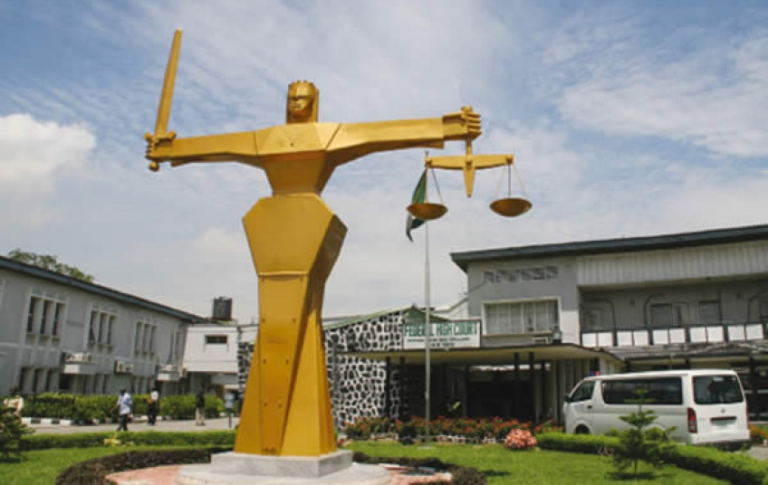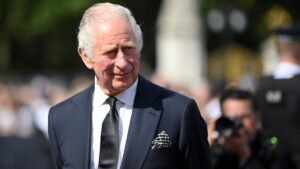The Supreme Court has rejected a lawsuit filed by 16 states challenging the constitutionality of Nigeria’s key anti-corruption bodies—the Economic and Financial Crimes Commission (EFCC), the Independent Corrupt Practices and Other Related Offences Commission (ICPC), and the Nigerian Financial Intelligence Unit (NFIU).
Delivering the lead judgment on Friday, Justice Uwani Abba-Aji declared the case “lacking in merit,” affirming that the EFCC, established through an Act of the National Assembly, is a valid and lawful institution. Justice Abba-Aji, leading the seven-member panel, clarified that the EFCC Act does not require ratification by state houses of assembly, distinguishing it from treaties that require such legislative approvals.
The case, initiated by attorneys general from 16 states including Ondo, Edo, Oyo, and Sokoto sought to dismantle the EFCC and similar agencies on the grounds of constitutional violations. Other states, such as Imo, Bauchi, and Osun, joined later, but Anambra, Ebonyi, and Adamawa withdrew, leading the court to strike out their claims.
The plaintiffs cited Section 12 of the 1999 Constitution, arguing that the EFCC Act, based on international conventions, needed approval from a majority of state legislatures before it could apply nationwide. They claimed its absence rendered the commission’s operations unlawful in non-consenting states.
In its defense, the EFCC maintained that its role in combating corruption was indispensable. Wilson Uwujaren, the commission’s Director of Public Affairs, dismissed the lawsuit as an attempt by individuals feeling targeted by its investigations. “Nigeria cannot do without the EFCC,” Uwujaren remarked, warning of severe consequences for the nation if anti-corruption efforts were undermined.
Human rights lawyer Femi Falana also supported the EFCC, emphasizing the need for institutional autonomy. “These institutions have come to stay,” Falana stated. “What we should focus on are measures to make these bodies truly independent and not subject to government influence.”
However, Senior Advocate of Nigeria Olisa Agbakoba voiced a dissenting view, arguing that the EFCC was “unconstitutionally established.” In letters to the National Assembly, Agbakoba urged lawmakers to address what he described as the commission’s overreach beyond the National Assembly’s jurisdiction.
The Supreme Court’s ruling reaffirms the legality of the EFCC, ICPC, and NFIU, underscoring their critical roles in Nigeria’s fight against corruption. The decision solidifies the agencies’ positions as pivotal tools for promoting transparency and accountability in governance.



























